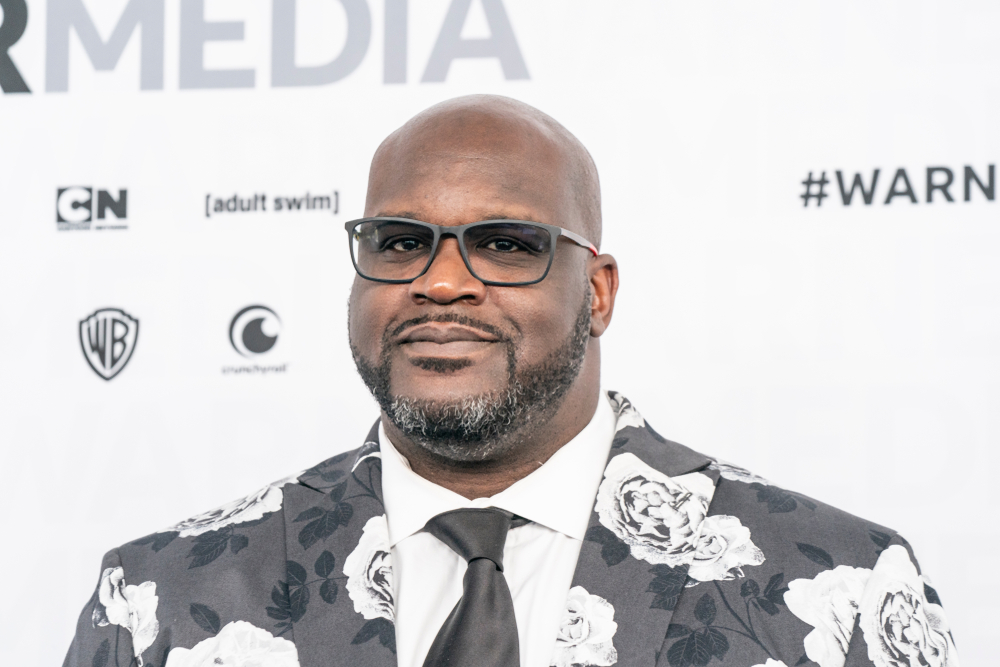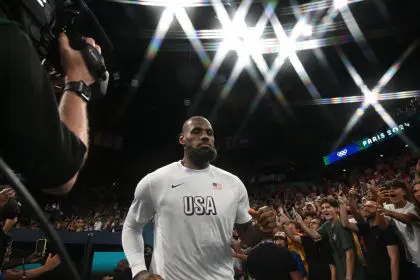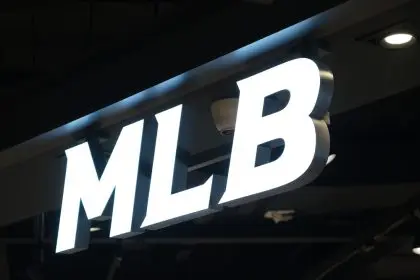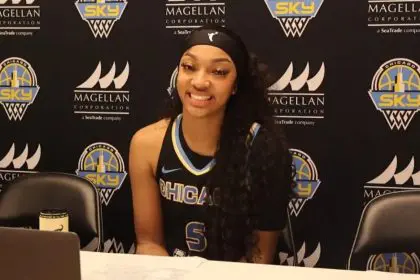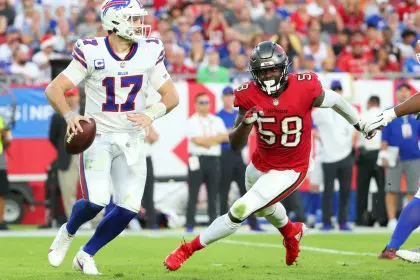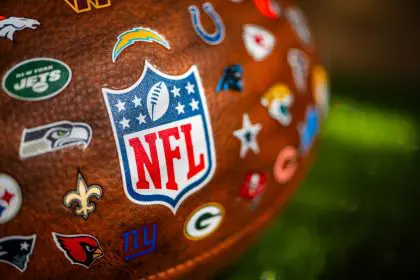The weathered hardwood courts that once trembled beneath his thunderous dunks have given way to academic halls and administrative offices, yet Shaquille O’Neal’s imposing presence remains transformative. The NBA Hall of Famer’s evolving relationship with Historically Black Colleges and Universities represents not merely a personal journey but signals a broader renaissance in how athletic icons can redirect their influence toward educational empowerment.
A new chapter unfolds
From broadcaster to professor
When O’Neal recently appeared on national television draped in Alabama State University’s distinctive black and gold, the gesture transcended mere fashion statement. The basketball legend announced his intention to complete his education at ASU and transition from his prominent broadcasting role to become a college professor within two years. This declaration marks a significant evolution for a man whose cultural footprint has expanded far beyond basketball courts into entertainment, business ventures, and now academia.
The former Lakers center has expressed plans to focus on mentorship and business administration in his academic career. This strategic pivot demonstrates how O’Neal continues reinventing himself while maintaining his commitment to developing young talent—albeit in dramatically different settings than NBA arenas.
Personal connections drive commitment
Educational roots run deep
O’Neal’s affinity for HBCUs stems from his own educational background. His academic journey included summer coursework at Southern University, an experience that helped facilitate his graduation from Louisiana State University. This personal connection has fostered an appreciation for the unique educational environment HBCUs provide.
These institutions represent more than academic credentials—they embody cultural heritage, community strength, and intellectual resilience. Scholars and researchers consistently highlight the importance of prominent figures supporting these schools as their influence extends beyond mere endorsement.
O’Neal has acknowledged that attending HBCU events in Atlanta profoundly affected him, particularly the vibrant cultural expressions through music, community gathering, and tradition. The immersive experience left such an impression that he has occasionally expressed regret about not attending an HBCU himself.
Family legacy strengthens bonds
Generational impact takes shape
The O’Neal family connection to HBCUs extends to the next generation. His son initially enrolled at Texas Southern University in 2021, representing what many observers considered a significant endorsement of HBCU athletic programs. The younger O’Neal’s collegiate journey later included Florida A&M University, where he achieved his first collegiate double-double performance.
This family commitment reflects a broader pattern of prominent basketball figures directing attention and resources toward historically underfunded institutions. Recent years have witnessed increased enrollment at several HBCUs, with applications rising by double-digit percentages at schools like Howard University, Spelman College and Morehouse College since 2020.
Management role expands influence
Leadership without compensation
O’Neal‘s voluntary position as general manager at Sacramento State—where his son now plays—represents an innovative approach to athletic administration. Unlike traditional management roles, O’Neal receives no compensation, positioning his involvement as service rather than employment.
This arrangement parallels efforts by other NBA stars who maintain connections to their educational roots. However, O’Neal’s approach distinguishes itself through its holistic vision, emphasizing development beyond athletic achievement.
Basketball careers inevitably conclude, and the transition can be challenging for athletes at any level. Preparing students for successful lives after sports requires comprehensive mentorship addressing identity development, financial literacy, and career preparation. Educational experts emphasize that this holistic approach offers significant advantages over systems focused solely on athletic performance.
O’Neal’s management philosophy manifests in recruitment decisions that demonstrate his values. Shortly after assuming his position, the program signed a talented yet controversial prospect, signaling O’Neal’s belief in second chances and personal development.
Educational impact beyond basketball
Institutional advancement accelerates
The significance of prominent Black athletes supporting HBCUs extends far beyond symbolic gestures or individual career paths. These institutions historically played crucial roles in educating Black Americans when other universities maintained discriminatory policies. Today, they continue providing educational access while preserving cultural heritage.
HBCUs constitute approximately 3 percent of American colleges and universities but make a disproportionate impact on higher education outcomes for Black students. These institutions consistently produce a significant percentage of Black graduates across numerous fields, particularly in STEM disciplines, despite facing persistent funding disparities.
High-profile support helps address this disparity. When public figures like O’Neal direct attention toward HBCUs, these institutions often experience increased applications, donations, and corporate partnerships. This pattern has accelerated during the past five years, with several HBCUs reporting record fundraising results.
Future vision takes shape
Educational transformation continues
As O’Neal pursues his academic credentials at Alabama State, his influence extends through various channels. His decision to wear ASU apparel during national broadcasts immediately boosted the university’s visibility. Online searches for Alabama State increased substantially following his announcement, according to analytics data.
The forthcoming transition from broadcaster to professor represents a continuation of O’Neal’s lifelong pattern of reinvention. Throughout his post-playing career, he has demonstrated remarkable adaptability, moving from athlete to entertainer to businessman with apparent ease.
This latest evolution suggests a more profound purpose. By committing to classroom leadership, O’Neal positions himself to directly shape young minds during their formative years. The classroom setting provides opportunities for sustained mentorship that differ significantly from the transactional nature of professional sports relationships.
Broader movement gains momentum
Cultural shift accelerates
O’Neal’s commitment occurs amid growing recognition of HBCUs’ importance within American higher education. Recent years have witnessed increased philanthropic support, including multiple eight-figure donations from prominent business leaders and foundations.
The heightened visibility extends beyond finances. Several HBCUs have reported record application numbers since 2021, reversing previous enrollment challenges. This renaissance reflects changing perceptions about institutional value and educational quality.
Athletic programs at HBCUs have similarly benefited from increased attention. Several five-star recruits have selected HBCU programs over traditional basketball powerhouses during recent recruiting cycles, decisions that would have seemed improbable a decade earlier.
O’Neal’s influence contributes to this momentum through both public advocacy and personal example. His willingness to redirect his considerable cultural capital toward historically marginalized institutions represents a powerful endorsement of their enduring value.
As this basketball legend transitions from sports entertainment to education, his journey illuminates how influential figures can leverage their platforms for institutional advancement. The combined impact of celebrity advocacy, family legacy, and personal commitment creates a powerful mechanism for sustainable change.
The institutions that once helped O’Neal complete his education now benefit from his expanded influence. This reciprocal relationship demonstrates how educational investment creates multiplicative returns across generations, transforming individual success into community advancement.

